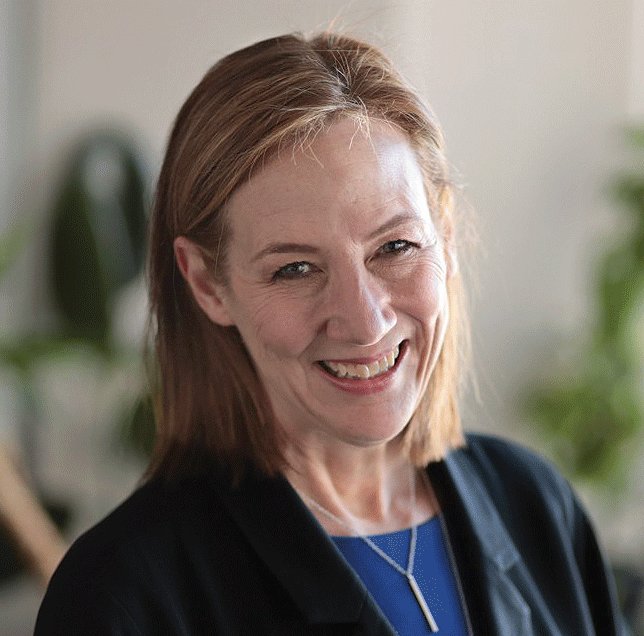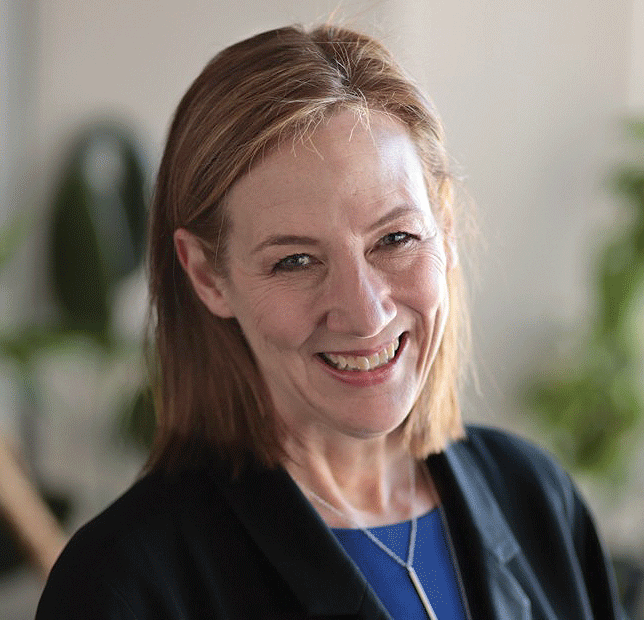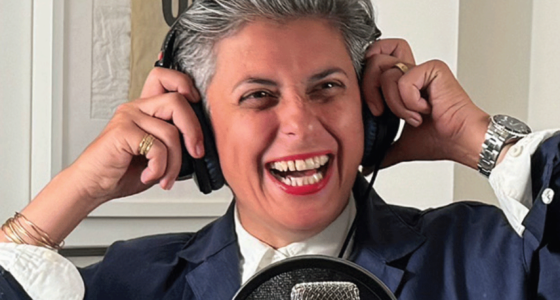Managing director of 2SLGBTQIA+ publisher discusses the future of journalism amid evolving online ecosystem

Last February, Pink Triangle Press, the longest-running 2SLGBTQIA+ media group in the world, eliminated 16 positions at Xtra, a digital publication and community platform. Jennifer McGuire, Xtra’s chief content officer, spoke to the Review about the future of journalism.
As younger readers move away from print, will Pink Triangle Press embrace more multimedia?
It’s deliberately part of the strategy. It can’t just be a digital website because its target audience is under 35—it’s primarily within the 2SLGBTQIA+ community. The challenge for a small organization is to cut through, to be discovered. Facebook has been turned off for news in Canada, and that was a significant reversal. It’s for sure had an impact. How do you make sure you’re discovered? You have put out content that’s consistent with your brand in places where people are looking for content. Xtra has launched on TikTok, its following is significant, and the demographic is absolutely within the lane of who the magazine is trying to talk to. I view what we do as an ecosystem and it’s the future of journalism.
What innovation will ensure that these platforms continue to sustain themselves?
We look at how you take a story and put it out across different audience touch points—the idea of microsites and positioning content in places where people deeply care about it. But it has to be in an ecosystem, because we want the stories that we tell to have an impact. The other piece is partnering with other magazines, such as Chatelaine or The Walrus, to support the cost of doing the kind of journalism that costs more—original storytelling, investigative—and extend the audience reach of what you do. We have an appetite to do more on the broadcast side, not an unusual model for journalism, but for smaller organizations, the idea of this collaborative economy in news is something that is a necessity.
Being the leading publisher of 2SLGBTQIA+ magazines and the community platforms across Canada, how does the business of Pink Triangle Press differ from that of other magazine publishers?
In that we’re serving a specific community and demographic, we are more positioned in the sense of advocacy. But obviously, you have to move more than 2SLGBTQIA+ to deal with some of the issues that we’re seeing in the public space. The idea of revenue diversification and sustainability, it’s everybody’s issue. You have to have things that will make you financially sustainable. There’s the government subsidy route, which every media organization in this country benefits from. Beyond that, you have to have other ways of driving sustainability, because advertising revenues are gone and they’re not coming back. You have organizations that do sponsored content or that have events associated with what they do. You have subscription models or paywalls. As a business model, we have a commercial arm—a dating site that supports other content that it does, which is a pretty smart model compared to some of the challenges of other organizations.
What are Pink Triangle Press and Xtra doing to combat this rise of AI?
AI might be able to automate certain kinds of information, which we don’t do. We’re trying to make sure we have a unique voice. Our opportunity is in curating—creating a view, an idea, or a treatment of a story that projects it forward and gives insight and context. I call it curation, but it really is story development and critical thinking.
As the profession grapples with fair pay, how will Xtra ensure that the pay scale for writers is also fair?
It’s a thing for every organization. In terms of rates at Xtra, we try to be generous and fair. It’s important that freelancers feel well compensated, but it’s not a huge organization so it has to balance that with what it can afford to pay. The Pink Triangle Press ethos advocates for rights and equity. It’s very concerned with those issues in terms of how it manages its staff and in terms of its external touchpoints with content. But it’s small. Would Xtra ever hire a marquee writer for the kind of money that some of the big columnists are paid? No, we’re not playing in that league. We’re looking for unique voices, compensated well, but they’re emerging in a career versus established.
What do you think the next 40 years of journalism will look like?
You will see AI take over some of the repetitive aspects of journalism. You will see a diminishment in some of the jobs there. I went to this thing at Google, where the AI that was demonstrated will make it easier for any journalist to be able to tell visual stories or turn their stories into multiple languages with a very little lift. You’ll see the ability for people to travel internationally with their journalism brands in a different way. Multimedia will continue to be a thing, although the platforms will shift. On the flip of that, I worry about public policy pieces around misinformation–disinformation. I do think the public policy piece around the economic model of journalism is also broken and needs to be fixed.
This interview has been edited for length and clarity.
About the author
Prarthana is a second-year Master of Journalism student at TMU. She’s an assistant reporter at the Investigative Journalism Bureau and a producer for Beyond the U podcast series at Toronto Met Radio. She additionally has work published in Maclean’s, Broadview, and other publications. She is passionate about sharing socio-political stories about displaced and vulnerable communities on a global scale.









